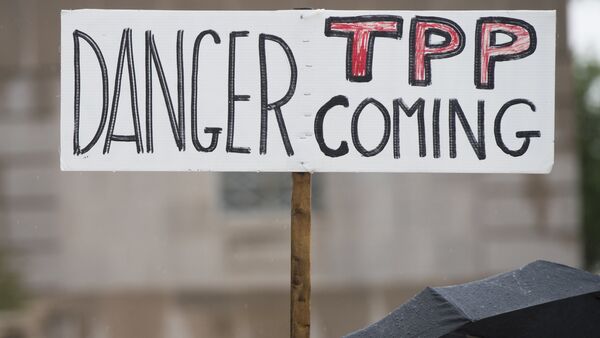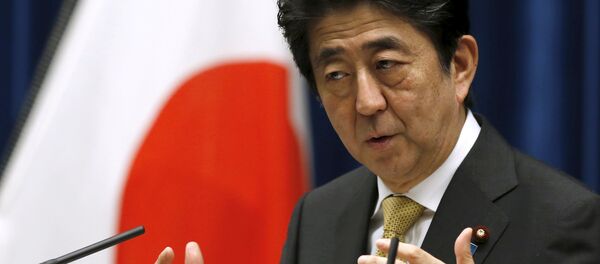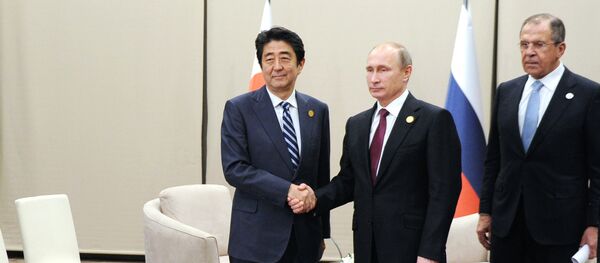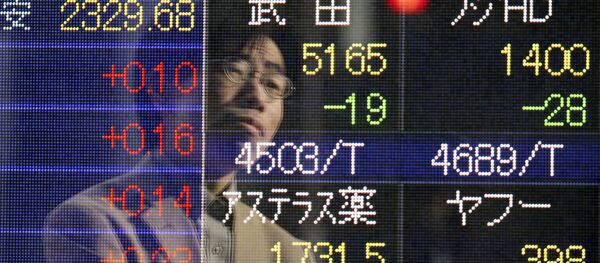Earlier in November, US State Secretary John Kerry invited Russia and China to become part of the TPP.
"TPP is an open format, and if other members wish to join, we will start the negotiations," Kawamura said.
He added that if Russia wanted to join the TPP, a special negotiations channel would be established to launch talks.
Opponents to the deal point out that the TPP has been negotiated in unusual secrecy and will have negative implications for human rights, national sovereignty, employment and the environment. The deal’s supporters claim it will spur global economic growth, shareholder profit, and create jobs.
The parties to the TPP agreement are the United States, Australia, Brunei, Canada, Chile, Japan, Malaysia, Mexico, New Zealand, Peru, Singapore, and Vietnam, which together account for 40 percent of international trade.
Also Press Secretary of the Japanese Foreign Ministry Yasuhisa Kawamura stated that Japanese automakers incur losses due to trade turnover decrease between Russia and Japan.
"Sixty percent of our all export to Russia are automobiles, [this export] is affected by the economic conditions in Russia," Kawamura said.
He added that the Japanese "exporters and automakers suffer" due to this situation and called to expand bilateral trade that at the moment did not correspond to the size of the two countries’ economies.





